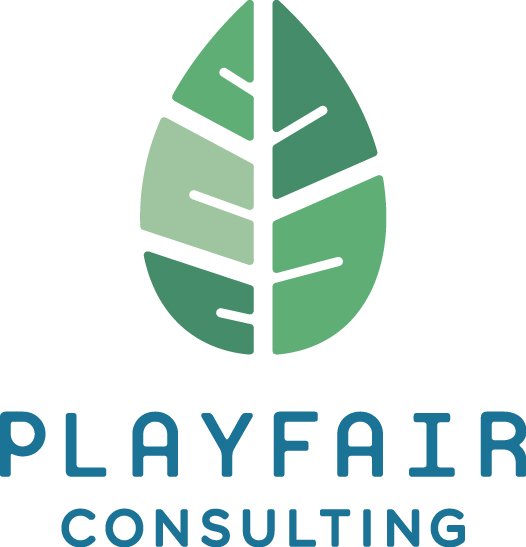Different “kinds” of OCD?
Therapists and clients alike want to better understand the differences between types of OCD. Support forms and online resources list a variety of names for different OCD concerns. These include relationship-OCD (R-OCD), pedophile-OCD (P-OCD), real-event-OCD, sexual-orientation-OCD, health anxiety, just-right-OCD, harm-OCD, contamination-OCD, etc. As a therapist or client, should you be focused on making sure your therapist has experience with your specific type of OCD?
The OCD-like conditions we’ll save for another blog
Before we get started, let’s set aside semi-related and unrelated issues commonly confused with OCD. OCD-adjacent disorders like body-focused repetitive behaviors (picking/pulling), hoarding disorder, and body-dysmorphic disorder are VERY similar to OCD but require slightly different approaches. Let’s likewise save the list of commonly-confused-for-OCD disorders like Tourette syndrome, “Autism-spectrum” disorders, Obsessive Compulsive PERSONALITY Disorder, etc. for another time.
OCD “subtypes”
Let’s talk about common types of OCD. In relationship-OCD, the sufferer is obsessing about and trying to feel safe in their romantic relationships or friendships by looking for evidence of safety. They often spend so much time seeking reassurance and certainty that they push their partner/friend away. In pedophile-OCD, sufferers spend so much time worried that they are attracted to children that they can actually start to experience sexual arousal NOT to children but secondary to the intense anxiety about not being able to prove they aren’t attracted to them. In real-event OCD, folks tend to worry, research, reassurance-seek, and avoid possible danger, that they miss all of the important valued events in their lives or diminish the quality of those experiences to the extent they can’t enjoy them. In health anxiety OCD, folks spend hours looking up medical information and either avoid going to the doctor or go so often they end up with unnecessary tests and treatments. In contamination OCD, sufferers are so concerned about sickness and germs that they actually will wash to the extent that they do damage to their skin, thus opening themselves up to infection. In safety OCD, folks check locks and outlets and other things so much that they actually end up forgetting something ELSE that’s very important. And in scrupulosity OCD, folks work so hard to make sure they’re doing things in a morally/religiously right way that they often don’t measure up to their own core value systems or religious standards.
Do you see a pattern?
Person with OCD experiences anxiety about something (often) genuinely important to them. For example, being a “good” person, being safe, prudent, responsible, careful, pro-social, kind, “normal,” or acceptable to others.
That person is relatively immune to evidence that they ARE (positive characteristic) and instead seek evidence to prove they’re NOT the opposite. Example: I need to prove that there is absolutely no chance that I am the bad characteristic. Unfortunately, it’s a logical impossibility to prove the negative hypothesis. So they find themselves stuck in a futile effort and continually double down on these efforts.
These efforts include obsessions (being preoccupied with the anxiety) and compulsions (rituals designed to seek safety).
Unfortunately, the more they engage in the obsessions and compulsions, the more they find themselves unable to prove the negative hypothesis (that I’m NOT a bad person), and so they work harder, find themselves more anxious and more stuck doing OCD behaviors. Those behaviors take up more and more of their time and energy until there isn’t much left to life but engaging in OCD.
The content doesn’t really matter. OCD floats around and if somehow someone gets relief from their first type of OCD (suddenly health concerns aren’t so sticky anymore), it often lands somewhere else until they learn to master undoing the process.
As an OCD therapist, my job is to have compassion around the effect the content has on the client, especially if it’s really terrible content that repulses, disgusts, and frightens the client. But I cannot get stuck focusing on the content. It’s the OCD “machine” or cycle that I need to target to find success in helping clients recover.
If you get stuck in the content (beyond values-based goals, which we’ll talk about later), you’re off track in terms of treating the process of OCD.
